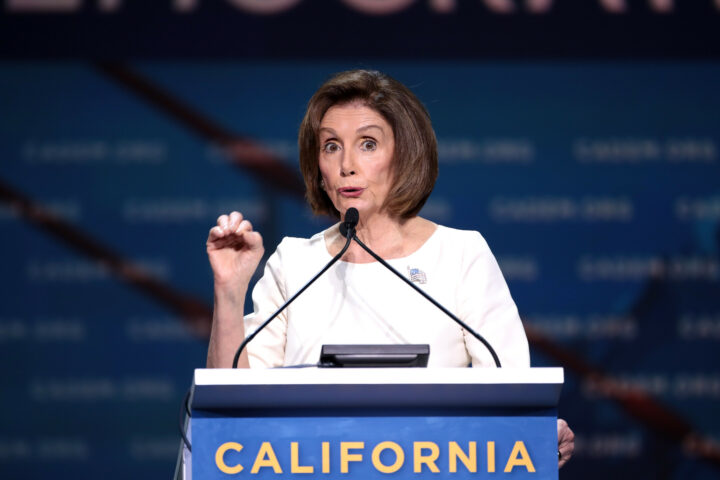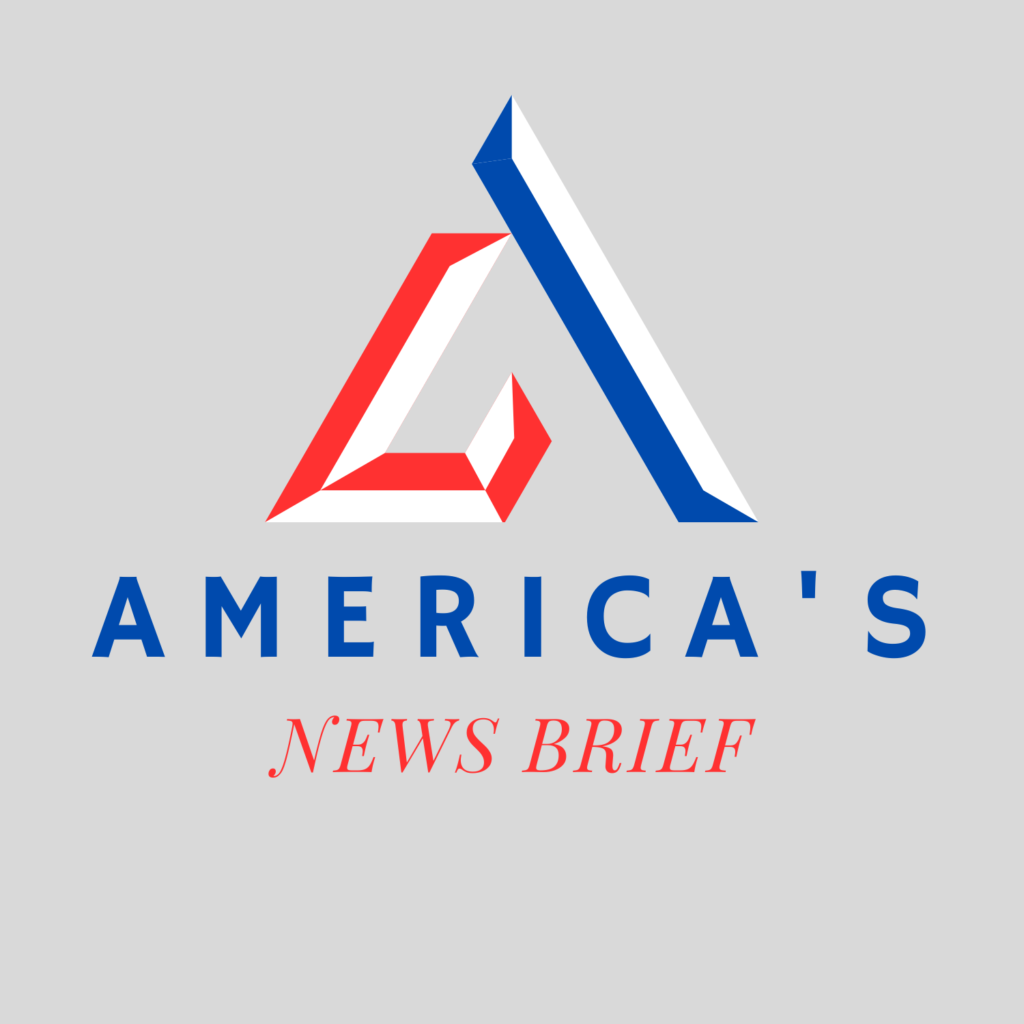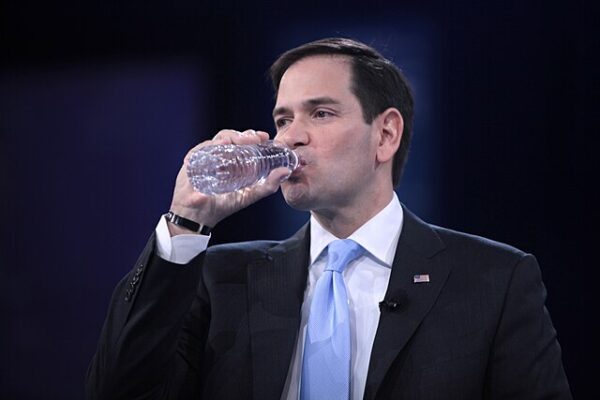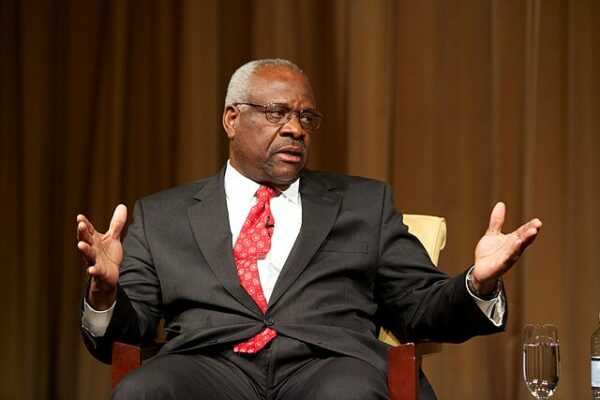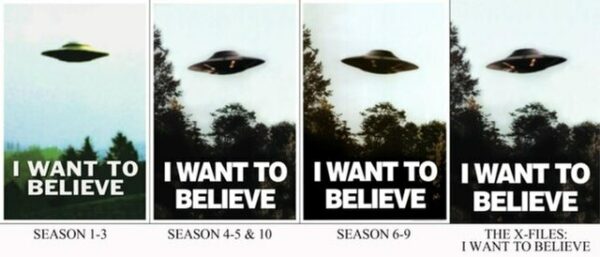In a significant shift to decades of tax policy, the Internal Revenue Service on Monday formally exempted churches and houses of worship from a longstanding ban on endorsing political candidates, stating that such speech—when delivered through religious services and customary channels—no longer violates federal rules governing nonprofit organizations.
The announcement came by way of a court filing in a lawsuit brought by two Texas churches and a Christian broadcasters’ association. “Thus, communications from a house of worship to its congregation in connection with religious services through its usual channels of communication on matters of faith do not run afoul of the Johnson Amendment as properly interpreted,” the agency declared, equating such activity to “a family discussion concerning candidates.” The statement signals a departure from decades of ambiguity surrounding the line between religious expression and political campaigning.
Rather than seeking a sweeping policy change for all 501(c)(3) nonprofits, as the plaintiffs had initially requested, the IRS chose to limit the exemption solely to religious institutions, writes The New York Times. Legal experts say the move codifies what had become a de facto allowance—churches increasingly engaging in politics without fear of reprisal. “It basically tells churches of all denominations and sects that you’re free to support candidates from the pulpit,” said Lloyd Hitoshi Mayer, a law professor at the University of Notre Dame. “It also says to all candidates and parties, ‘Hey, time to recruit some churches.’”
The Johnson Amendment, enacted in 1954 at the urging of then-Senator Lyndon B. Johnson, prohibits tax-exempt nonprofits from engaging in political campaign activity. Former President Donald Trump has repeatedly pushed for its repeal, and under the terms of the IRS’s filing, the agency and the plaintiffs are now jointly requesting that a federal judge issue an order preventing enforcement of the ban—at least as applied to the organizations involved in the suit—under both the Trump administration and any future one.
Some legal scholars warn the implications may extend far beyond Sunday sermons. “It’s not going to be limited to just their membership,” said Ellen P. Aprill, professor emeritus at Loyola Law School. She noted the ease with which digital content circulates. “Even Las Vegas doesn’t stay in Las Vegas these days. Everybody has a web page.”
The IRS did not respond to inquiries Monday evening, and attorneys for the plaintiffs declined comment. While the agency has long shown reluctance to sanction religious leaders for political remarks delivered during worship, this filing marks the first explicit statement that such endorsements are permissible under federal law.
[Read More: FBI Concludes There Was No Epstein List]


